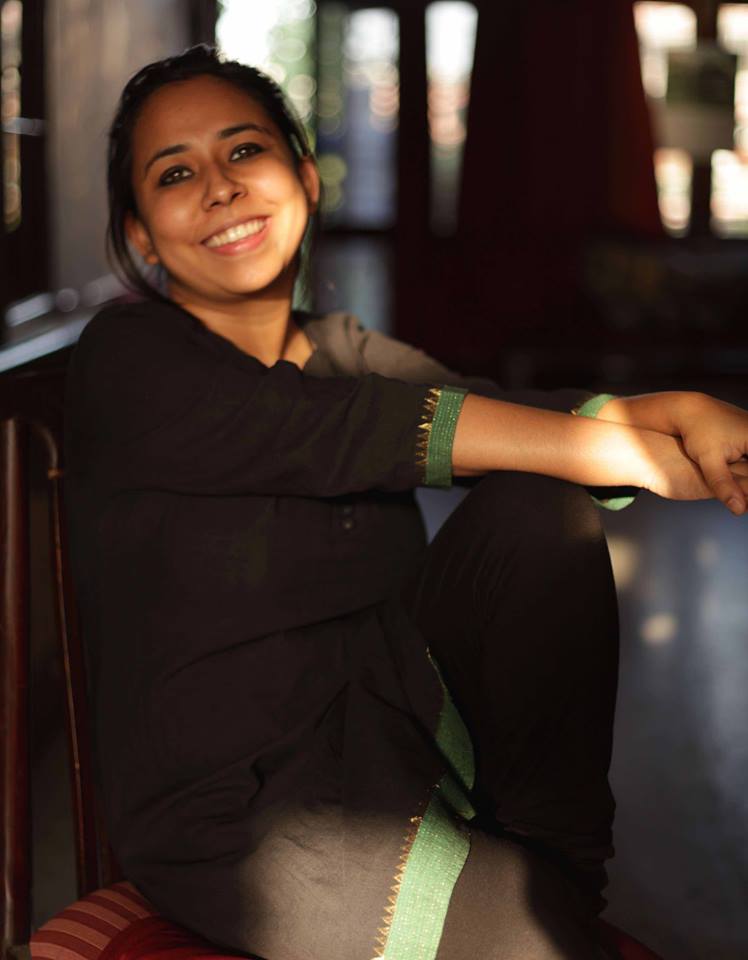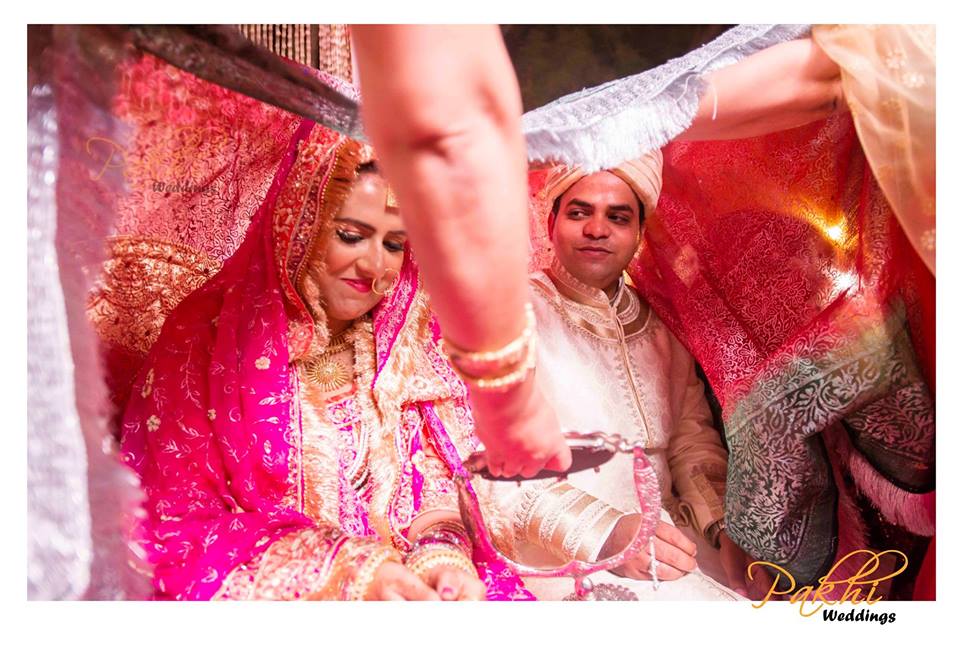By S. RAVI
“Shaadi, Sex Aur Parivaar” provides interesting views of four women on empowerment
Aman Kaleem’s 26-minute film Shaadi, Sex Aur Parivaar recently screened as part Open Frame Film Festival and Forum 2015, explores empowerment of women through the perception and views of three women on issues of matrimony, sex and family. Much discussed at different seminars and forums, the documentary provides interesting insights on the complex subject. “I was inspired by the institution of marriage and wanted to know how young women make the choice of marriage and how independent are those choices,” explains Aman.
Mansha Illahi, Priyansi and Rabab Imam were chosen for the short film as besides getting married Aman found them interesting personalities for the film. According to Aman, while the first two represent the extreme end of the spectrum, the last appears to be in between the two thus balancing the story. Along with them the director too figures in the film. “Going through similar experience I wanted to find my own voice through the collective narrative.”
Reflecting on love, body image, sexuality and identity the comments by the four women are diverse bringing to fore their choices, expectations, aspirations, and dilemmas besides reflecting the influence of their background and individual thinking. For example on sex and children, Mansha, who is from Kanpur, confesses that she is not open about discussing these matters with her husband even though they love each other while Rabab is surprised that girls know very little about sex and plans to have children after three years.
Similarly, Priyansi sees her sexuality as her biggest empowerment tool rather than financial independence and defines it as knowing oneself as a person, one’s choices and feeling confident about one’s body. Rabab, on the other hand, feels regardless of marriage or relationship her body is hers and she alone would decide everything pertaining to it and would not succumb to any compulsion.
Asked how she views empowerment through her film, Aman observes, “It is contextual. Like Mansha, though from a small place feels she is empowered and is bold and not scared.” She further adds that feminism and empowerment evokes set notions, not necessarily fitting every woman. “Their individuality and their right to individual choices are important.” The director also points at the cultural context of empowerment whereby a girl is allowed access to education and permitted to work but not beyond. “Empowerment is thus well-defined and limited to what is set by the society. Confined to education and earning it does not entail to choosing a life partner or how to live one’s daily life.” Modernity is limited to sporting branded clothes and accessories.
Aman points that the empowerment issue is a social one transcending class and economic status and says there have been instances of educated women from affluent families forced to marry against their wishes. She feels women must keep pushing for their rights and should not succumb to pressure.
Lamenting the lack of debate on empowerment Aman hopes that parents and family will allow girls to make decisions about their marriage, career and children and other aspects of life. “It is not necessary for every woman to bear a child and the society must respect that. At the same time women need not adopt what is in vogue,” she says. (Courtesy : THE HINDU)























